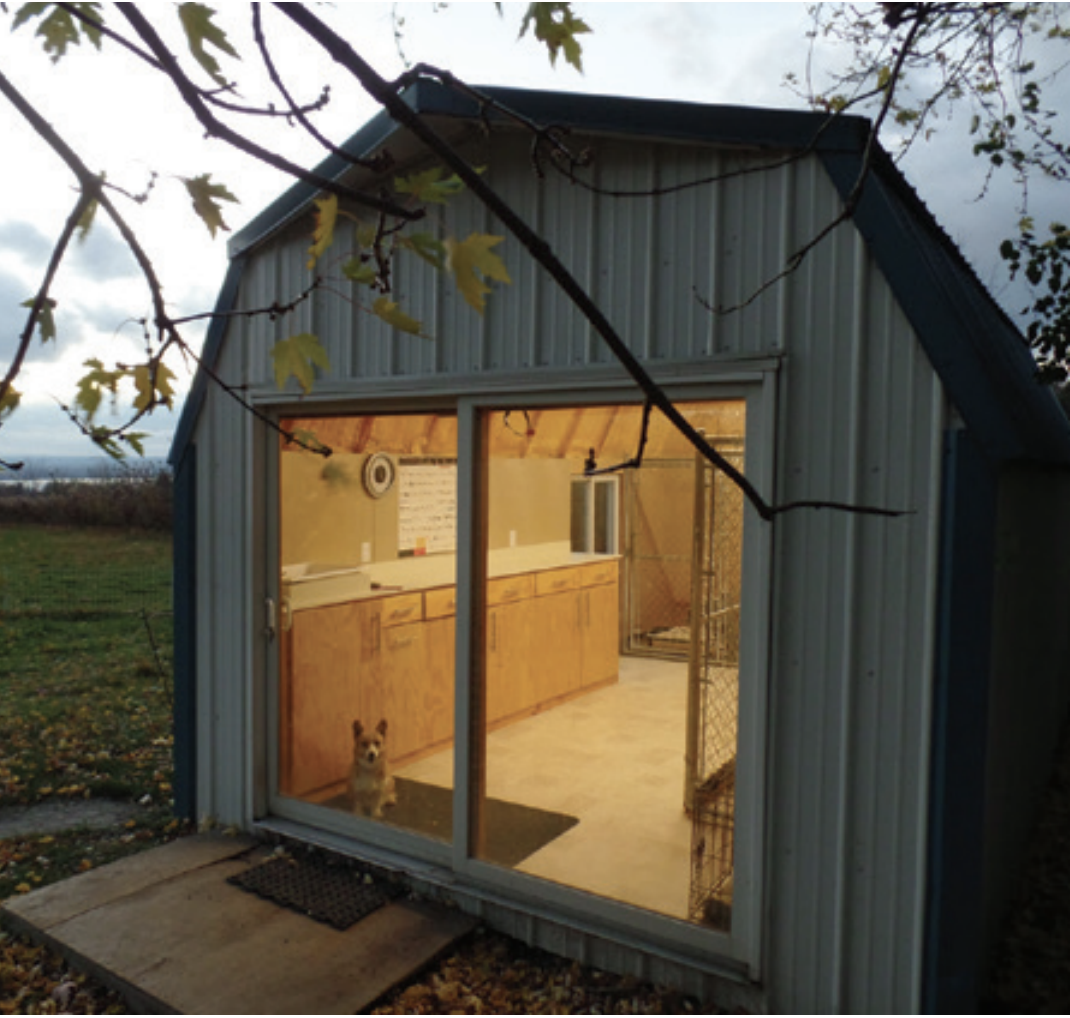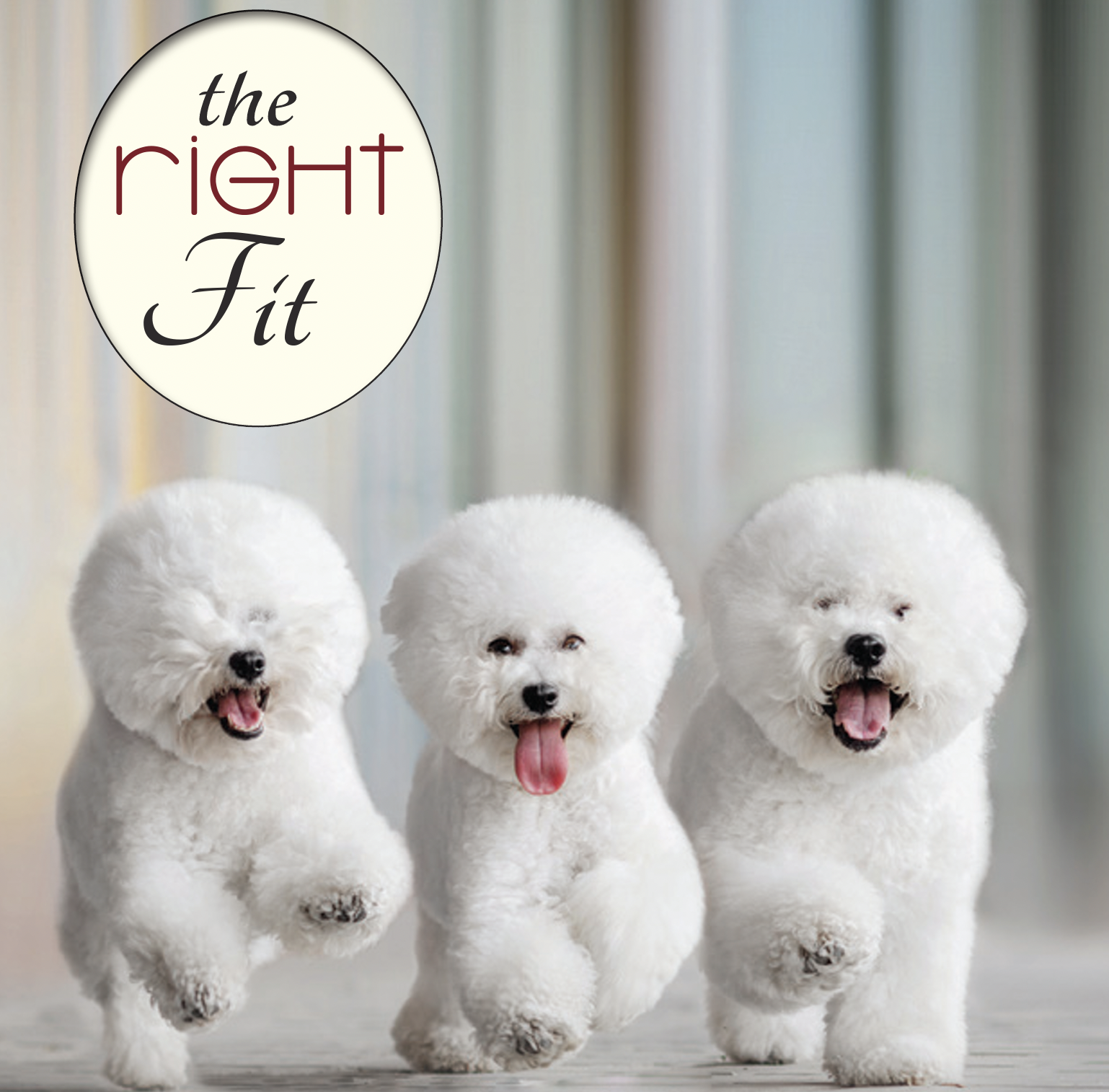Conformation
Here’s the hardest one, which could be the subject of another article in itself. It’s hard because many of our bloodlines do not measure up to the breed standards, which are to be the blueprints for our breeds. Some might say this doesn’t matter, because we’re just selling pets. However, deteriorating conformation is often trailed by deteriorating health and temperaments. Breed standards show what the perimeters are for each dog breed: how they should be structured, how they should walk, what they should weigh, etc. When our dogs are far from these perimeters, they will not be able to do the jobs for which they are designed, and can be susceptible to other health problems. For instance, many Pembrokes in our kennels are too fine boned, long legged, high backed, and lack the instinct or stamina needed to herd sheep or cattle. Of course, there are things such as ear shape and coat color that will not affect the dog’s health, but still should be avoided. Blue-merle and fluffy corgi will at times command high prices, but these Corgis are not Pembrokes as they were bred to be.
Jenny is at best a fair example of the breed. She will never win a show. However, I did breed her because of her other good traits. I hope to acquire some dogs that are conformation quality, but this is very hard to do. Those who have bloodlines that are show quality are very protective of them, and have high walls of distrust for breeders like us. So how could we win the trust necessary to use a titled stud or purchase conformation quality puppies from these breeders? My goal is to go as far as I can in the other two areas I outlined. If the dogs I breed are above board on genetic health, and have excellent temperaments, with titles in performance sports (such as herding) to prove it, I think it will be possible to find someone that will trust me to use their stud dog, or buy a puppy.
Conclusion
Though it takes time, money, and effort to get there, breeders with dogs that score high in all three areas, will succeed even when the puppy market is slow. They will command much higher prices for their puppies, and will win the respect of preservationist breeders, veterinarians, and potential puppy buyers. I look forward to the day when I can say, “I got a dog from an Amish/Mennonite breeder in PA/ NY/IN/OH. And the response will be, “Great! Those folks breed truly great dogs!” In the mean time, I’m counting down the days to my first litter. I hope to go much farther with FOXFUR- EWE CORGIS. My goal is to produce happy healthy foxes that have excellent health, structure, and herding instinct, whether they share their life with you, or herd ewes in the back pasture.










